What is Mirage OS?
MirageOS is a library operating system that constructs unikernels for secure, high-performance, low-energy footprint applications across various hypervisor and embedded platforms. It is available as an open-source project created and maintained by the MirageOS Core Team. A unikernel can be customised based on the target architecture by picking the relevant MirageOS libraries and compiling them into a standalone operating system, strictly containing the functionality necessary for the target. This minimises the unikernel’s footprint, increasing the security of the deployed operating system.
The MirageOS architecture can be divided into operating system libraries, typed signatures, and a metaprogramming compiler. The operating system libraries implement various functionalities, ranging from low-level network card drivers to full reimplementations of the TLS protocol, as well as the Git protocol to store versioned data. A set of typed signatures ensures that the OS libraries are consistent and work well in conjunction with each other. Most importantly, MirageOS is also a metaprogramming compiler that can input OCaml source code along with its dependencies, and a deployment target description to generate an executable unikernel, i.e., a specialised binary artefact containing only the code needed to run on the target platform. Overall, MirageOS focuses on providing a small, well-defined, typed interface with the system components of the target architecture.
Features
- Fast Start: MirageOS applications takes a few milliseconds to start-up instead of the few minutes that takes traditional OS.
- Small Binaries: MirageOS binaries are self-contained: they do not need an additional OS to execute. Despite this, the size of MirageOS binary is usually a few megabytes.
- Small Footprint: MirageOS applications use a few megabytes of memory, while traditional application and their associated OS waste gigabytes for simple applications.
- Safe Logic: MirageOS applications are written in OCaml, an industrial strength programming language supporting functional, imperative and object-oriented styles
Development
Mirage OS follows a standard Github workflow and has its own Developer Portal. All developer-related information such as documentation, development team members, and other information related to the development of Mirage OS can be found there as well.
License
The Mirage codebase is released under the ISC license, with some portions of code released under LGPLv2. Sub-Projects hosted by the Xen Project team typically use GPLv2. In the case of Mirage, it is necessary to use a permissive open source license such as “ISC” because Mirage based microkernels need to be statically linked with applications to form a stand-alone appliance.

